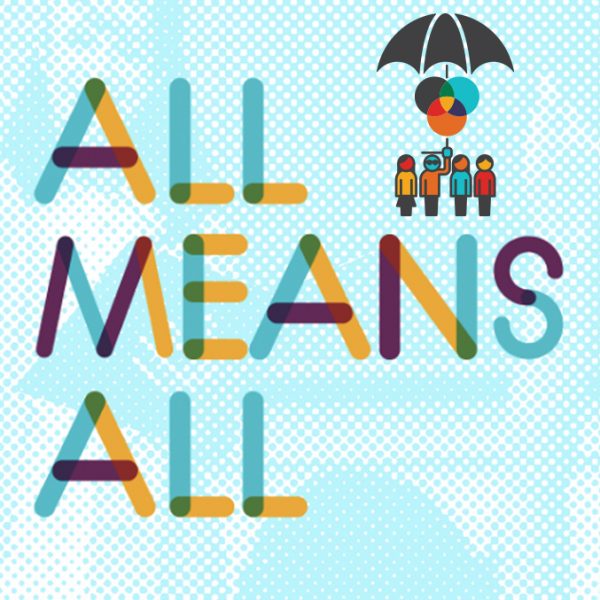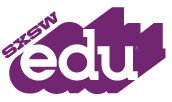This set of developmental frameworks was created to facilitate discussion within communities of practice and to enhance a shared understanding of the dynamic nature of four essential skills—collaboration, communication, creativity, and self-direction in learning. The frameworks define components inherent to each skill and describe performance across a beginner to emerging expert progression, informed by research on the development of expertise. Unlike discipline-specific learning progressions and rubrics, the developmental progressions reflect components essential to the skill itself and describe growth dependent on many years of active exploration, experimentation, setbacks, and reflection.










